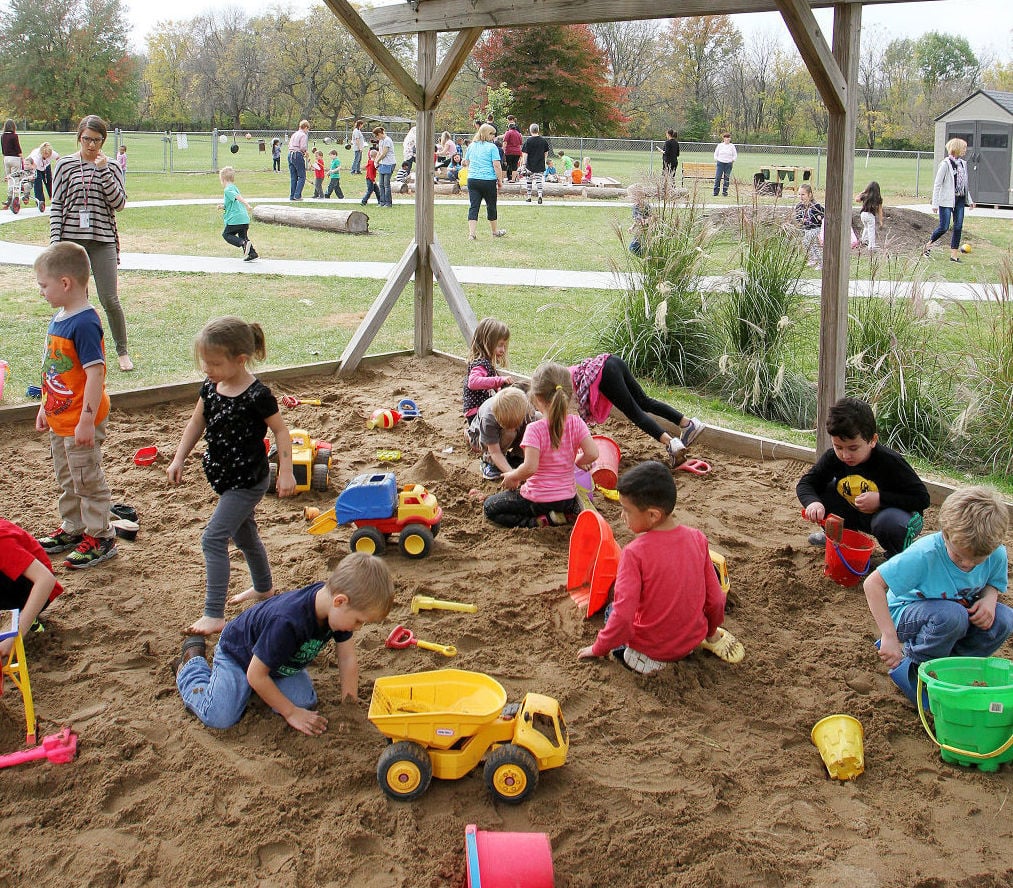Childcare centers play a pivotal role in the early development of children, providing a structured and enriching environment for learning and play. A well-thought-out daily schedule is the backbone of a childcare center, ensuring that children receive a balanced mix of activities that cater to their physical, cognitive, and social needs.
In this blog post, we’ll take a closer look at the typical daily schedule and routine in a childcare center, offering insights into the engaging and supportive atmosphere these centers provide.
A Day of Discovery: Understanding the Typical Daily Schedule in a Childcare Center
1. Morning Arrival and Greetings
- 8:00 AM – 9:00 AM: The day usually begins with the arrival of children. Caregivers greet each child and their parents, helping to create a positive and welcoming atmosphere. This time allows for brief communication between parents and caregivers about any specific instructions or updates.
2. Morning Circle Time
- 9:00 AM – 9:30 AM: Circle time is a central component of the daily routine. During this interactive session, children gather to sing songs, engage in simple games, and participate in discussions. Circle time sets a positive tone for the day and encourages social interaction.
3. Learning Activities and Centers
- 9:30 AM – 10:30 AM: The mid-morning segment is dedicated to structured learning activities. Children rotate through various learning centers that focus on different developmental areas, such as literacy, numeracy, and fine motor skills. Activities may include storytime, arts and crafts, and interactive play.
4. Snack Time
- 10:30 AM – 11:00 AM: A nutritious snack break provides children with the opportunity to refuel and socialize. Caregivers use this time to encourage healthy eating habits and engage in casual conversations with the children.

5. Outdoor Play
- 11:00 AM – 12:00 PM: Outdoor play is a crucial part of the daily routine. Weather permitting, children have the chance to explore outdoor play areas, engage in physical activities, and enjoy the benefits of fresh air and sunshine.
6. Lunch Time
- 12:00 PM – 1:00 PM: A well-balanced lunch is served, offering a mix of nutritious options. Lunchtime also provides an opportunity for children to practice self-help skills, such as using utensils and cleaning up after themselves.
7. Quiet or Rest Time
- 1:00 PM – 2:00 PM: After lunch, a designated quiet or rest time allows children to recharge through napping or quiet activities. This period is essential for supporting healthy sleep patterns and providing a brief respite for both children and caregivers.
8. Afternoon Learning Activities
- 2:00 PM – 3:00 PM: The afternoon segment often includes a continuation of learning activities. Children may engage in more focused lessons, group projects, or hands-on experiments. This time aims to stimulate cognitive development and creativity.
9. Afternoon Snack
- 3:00 PM – 3:30 PM: A light afternoon snack offers a boost of energy and sustains children through the remainder of the day. Caregivers use this time to observe and engage with the children, fostering a supportive environment.

10. Free Play and Choice Time
- 3:30 PM – 4:30 PM: The late afternoon is dedicated to free play and choice time. Children have the flexibility to choose from various play areas and activities, encouraging independence and autonomy.
11. Closing Circle Time and Reflection
- 4:30 PM – 5:00 PM: The day concludes with a closing circle time, providing an opportunity for reflection and sharing. Caregivers may recap the day’s activities, celebrate achievements, and engage in positive conversations with the children.
12. Evening Departure
- 5:00 PM – 6:00 PM: Parents arrive for pick-up, and caregivers share brief updates on their child’s day. This time allows for communication about any specific highlights, concerns, or upcoming events.
A well-structured daily schedule in a childcare center is designed to cater to the diverse needs of children, fostering growth, learning, and social development. By incorporating a mix of engaging activities, playtime, and structured learning, childcare centers create an environment where children can thrive and build a strong foundation for future education.
The routine outlined above reflects the balance between structured and flexible elements that contribute to a positive and enriching experience for every child in the care of a childcare center.
